Great
American
Sailing
Stories
Lyons Press Classics
Great
American
Sailing
Stories
edited by
Tom McCarthy

guilford
connecticut

An imprint of Globe Pequot
Distributed by NATIONAL BOOK NETWORK
Copyright 2018 by Tom McCarthy
All rights reserved . No part of this book may be reproduced in any form or by any electronic or mechanical means, including information storage and retrieval systems, without written permission from the publisher, except by a reviewer who may quote passages in a review.
British Library Cataloguing in Publication Information Available
Library of Congress Cataloging-in-Publication Data
ISBN 978-1-4930-3373-7 (paperback)
ISBN 978-1-4930-3374-4 (e-book)
 The paper used in this publication meets the minimum requirements of American National Standard for Information SciencesPermanence of Paper for Printed Library Materials, ANSI/NISO Z39.48-1992.
The paper used in this publication meets the minimum requirements of American National Standard for Information SciencesPermanence of Paper for Printed Library Materials, ANSI/NISO Z39.48-1992.
Printed in the United States of America
To Maggie and Britta
Great American Daughters
Contents
ACKNOWLEDGMENTS
T o my sailing friends who suggested these stories because you are not only great sailors, but great readers. You know who you are.
Introduction
Tom McCarthy
T here is nothing more American than a romping good sea story.
Here are eighteen unexpected pleasuresfrom masters like Melville and London and Dana, who celebrated the uniqueness of the American character so eloquently that their writing has never faded from public view. But here also are other writers who produced hidden jewels that simply slipped away quietly. Its time to revive them all.
Great American Sailing Stories offers first and foremost adventure. But there is much more to this collection than mere adventure. Here is history, and drama, intrigue, well-paced tales, and colorful charactersall available to enjoy as you sit back in the comfort of a warm and cozy (and I hope, dry) reading chair anchored to your living room floor. I hope you will soon be pulled into the story and happy you are home and safe. Thats the magic of a good sea story tale and why some of the best writers choose the sea as a backdrop.
This is not just a collection of stirring writing by wonderful writers. Here also are frank andone must admitinspiring stories of adventure from authors who by luckor, more often than not, bad luckfound themselves alone on a boat in devastating circumstances. Read the first-person accounts of William Lay and Cyrus M. Hussey on board the ship Globe out of Nantucket, who witnessed the bloody carnage of a mutiny. Or perhaps Lewis Holmess account of a whalers frozen voyage. Or Owen Chases understated but eloquent tale of survival.
Great American Sailing Stories is about courage and resoluteness, the very characteristics on which the young United States grew and flourished.
This, of course, leads to a question: What is it about the sea that lends itself to so many indelibly classic stories?
The sea itself is easy pickings for writers looking for a backdrop rich in metaphor or symbolism. Its dark, or brooding, or deep. Its serene, mysterious, unforgiving. Its angry, seductive, cruel. The possibilities are nearly endless. The sea is a wonderful stage on which to unroll a dramatic narrative or introduce a heroic character. And writers of both the truly memorable works and the wretchedly clichd clunkers have availed themselves of the sea as a setting. Richness of backdrop aside, any sea story worthy of being in this inspiring collection must offer much more than mere adventure. The stories included here do so, I hope.
The most difficult aspect of this most enjoyable task was eliminating stories I had selected as sure things. Such is the volume of wonderful writing available that I could have easily filled another book of similar size with those stories I reluctantly dropped. It is the nature of anthologies to spark debate over the selections, and indeed, any discussion about the contents herein might well focus on what isnt here rather than what is. In the end, my selections were governed by a decidedly personal criterionI was moved by the story and enriched and informed by its content.
In selecting these stories, I tried for balance, to offer a collection rich in both drama and history, perhaps both. And while each of these stories is above everything else enduring, each I hope also offers something unique. Youll find here a good mixture of fact and fiction, of unvarnished true accounts and of polished, robust fiction oftentimes based on true accounts. The former selections are poignant in their chilling reality, and the latter in their depth and richness of character, and their dramatic pacing.
Fact or fiction, sea stories are, plain and simple, wonderful springboards for vicarious adventure. Few people would want to sail on a small storm-tossed boat with Joshua Slocum or watch with Owen Chase as an angry whale sends his ship to the bottom thousands of miles from the nearest land. But these incidents are certainly fun to read about. Slocums and Chases stoic accounts are stronger and more dramatic for their total lack of affectation, their frankness, and their absence of ego. Their gripping stories are custom made for the imaginative reader who seeks adventure in a more controlled environment, safe and warm at home.
Here is a small sampling of what you will find:
The Capture, by Aaron Smith is a true account of the authors abduction by Cuban pirates while on route from Jamaica to England in 1822. Smith subsequently gained his freedom, but his bad karma continued when he was later arrested as a pirate in Havana, returned to England in chains, and put on trial for his life. Another firsthand account of the travails of life at sea is Owen Chases chilling retelling of watching his whaler, the Essex out of Nantucket, being rammed by a white whale and sunk. Chase was only one of eight crew to survive an ordeal that included spending ninety-three days adrift in a whaleboat after the ship was sunk. Chases 1821 narrative inspired Melville to write Moby Dick , a portion of which appears here. Of Chases story Melville wrote, The reading of this wondrous story upon the landless sea, and very close to the latitude of the shipwreck has a surprising effect on me. Melville, the icon, appears here also with Rounding Cape Horn, from his 1850 work, White-Jacket . Melvilles contemporary Richard Henry Dana presents an interesting glimpse into the highly superstitious life of a sailor in Loss of a ManSuperstition, from Two Years before the Mast .
Joshua Slocum, who at one point commanded some of the finest tall ships of his era, became in 1898 the first man to sail around the world single-handedly, in his small sloop Spray a 46,000-mile trip he began three years earlier at age 51. Yammerschooner is taken from his incomparable Sailing Alone around the World.
MS Found in a Bottle, included here in its entirety, brings us brooding Edgar Allan Poe at his best. Poe not surprisingly has a darker take on a sea journey. After Poe won a $50 prize for this story, he began a career as a magazine writer.
It might strike some as unusual to see a piece by James Fenimore Cooperan author better known for the landlocked Natty Bumppo and The Last of the Mohicans in a collection of sea stories. But Cooper was a longtime aficionado of the U.S. Navy. His account of the early days of the USS Constitution appears in Young Ironsides.
Next page
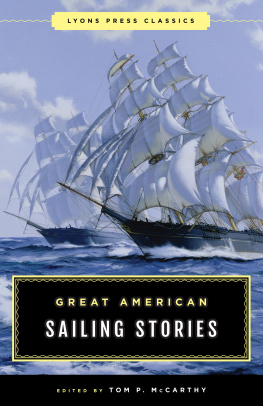
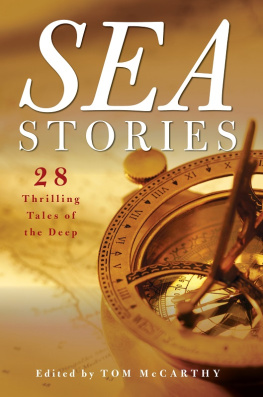
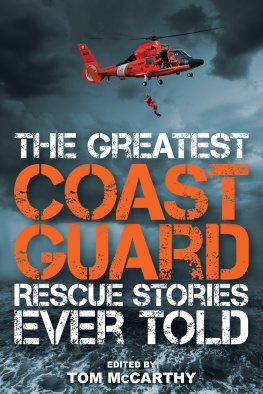


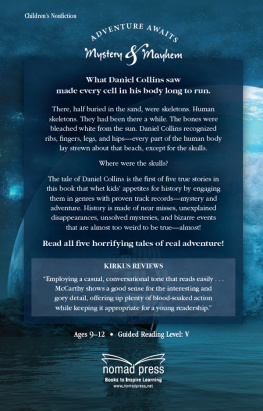
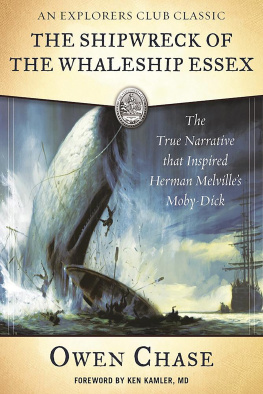

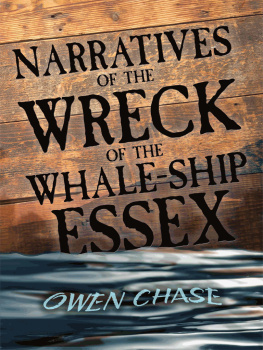
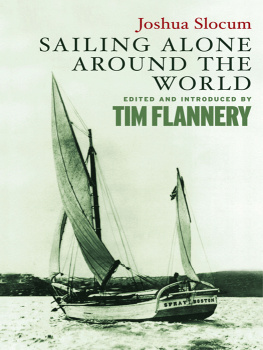

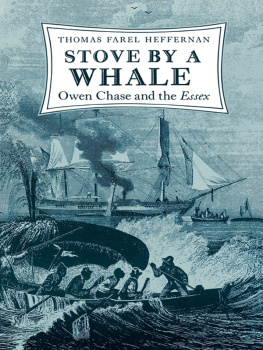



 The paper used in this publication meets the minimum requirements of American National Standard for Information SciencesPermanence of Paper for Printed Library Materials, ANSI/NISO Z39.48-1992.
The paper used in this publication meets the minimum requirements of American National Standard for Information SciencesPermanence of Paper for Printed Library Materials, ANSI/NISO Z39.48-1992.